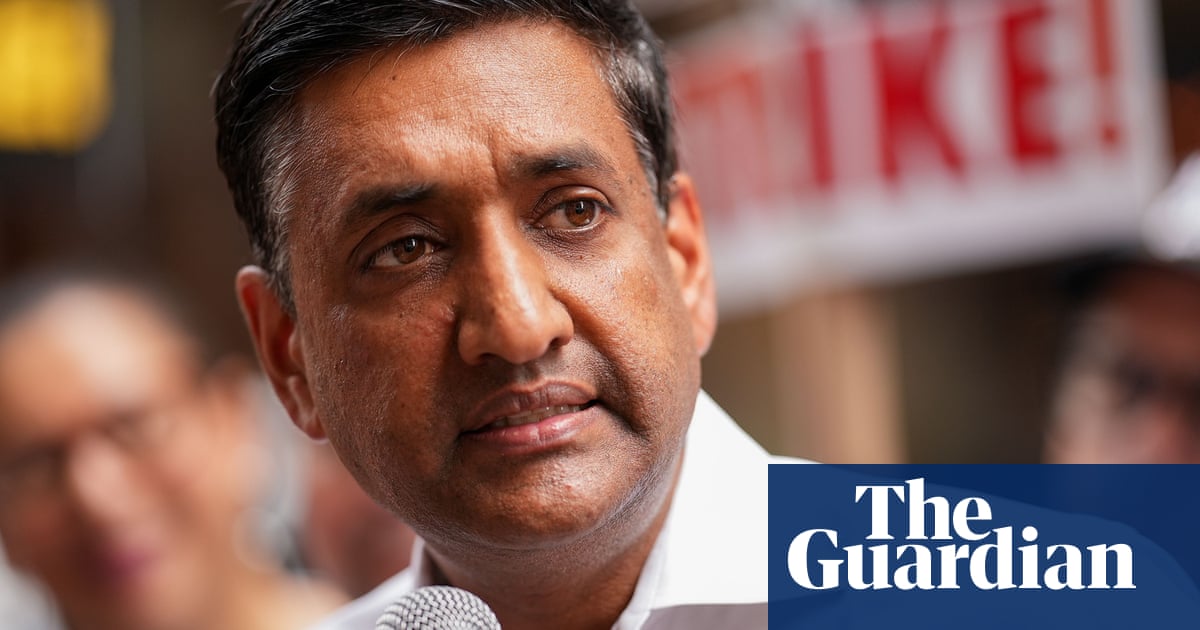When Laura, a teacher from Manchester, first moved in with her now husband, money was, she says, “almost a non-topic”.
They earned similar amounts, split the bills, were often both skint and “felt like equals navigating a fun but slightly precarious time together, with separate bank accounts”.
Over time, however, this changed. When the couple married and decided to buy a flat together, Laura was earning more, but her husband was given a house deposit by his family, leading to complicated questions about who should own what proportion of the property. When Laura spent two years on maternity leave, her husband became the sole breadwinner.
“We still had our separate accounts, but mine was empty, my pension contributions were zero, and he paid all the bills,” says Laura. Even though he recognised my unpaid childcare as an equal contribution, I felt financially at his mercy.
“I never thought money would define any of my relationships but let’s be honest: in a world where public services are shot to pieces and another rent increase can tip a person into an existential crisis, how we deal with money in a relationship is underpinning everything.”
It was only when the couple decided to merge all their assets and bank accounts, Laura says, that their relationship dynamic “felt healthy and equal again”.
Laura was among hundreds of people who shared with the Guardian how they manage finances with their romantic partner.
Scores felt that money had become a central topic in their relationships in recent years, with many pointing to the cost of living, financial literacy, pensions and smart investing having become major topics on social media.
For many couples, shared finances are no longer the default model. At the same time, the gender pay gap and the gender pension gap remain stubbornly in place in many countries. Millions of women have unwillingly quit work or reduced their hours because of childcare in recent years, while studies consistently show that women are more stressed about finances and the cost of living than men, and lag behind them in financial education, confidence and literacy.
While many respondents said they were uncomfortable with the idea of merging finances with their partner, many others said they had embraced the traditional model of combining everything, as they felt other models risked creating conflict and resentment.
“We share everything 50/50, although I earn significantly more than my wife,” says a 40-year-old father from Nantwich. “What would be the point in me having more money than my wife?”
“I struggle to get my head around long-term couple friends who can’t go on holiday together because only one person has enough saved to afford it, due to differences in their pay,” says Matt, 42, a researcher from Manchester.

Dozens of people who had separate finances said that this was primarily due to wanting financial privacy and personal freedom, or because their partner had vastly different spending behaviours. Many said, however, that separate finances seemed to only work well when both partners earned similarly and when money was not in short supply generally.
Melanie, 60, from Devon, who does not have children and lives in a home owned outright with her partner, said she enjoyed that any money that remained hers only after splitting bills equally could be “spent without guilt orfeeling that you need to ask permission from your partner”.
“In my experience this can only work though if the person earning more money provides financial parity by paying for the extras that both parties can enjoy,” she added.
Many of those who said their partner earned significantly more or less than they did reported having no money conflicts because all finances and assets were shared equally, whereas various people in relationships with a substantial income gap and split finances reported that money was a conflict in their relationship.
Scores who said they had separate finances and were happy with this arrangement were earning significantly more than their partner, while a number of people who were earning substantially less than their partner said they were very unhappy about having separate finances.
A number of respondents said they felt their lives were controlled by their higher earning partner, with some saying they were unable to save or to keep up with their wealthier partner’s lifestyle. Some people said they felt insecure because they lived in a property only owned by their partner, and could not build property wealth of their own because of it. Such “power imbalances”, various respondents said, had put a big strain on their relationship and caused dysfunction.
after newsletter promotion
One woman, from County Durham, said the huge gap in her and her partner’s unshared earnings meant that she had decided against having children. “He’s on £200,000, I’m on £34,000. He’s made clear that future bills would need to be split 50/50. I’d normally be able to apply for universal credit during maternity leave and for help with childcare costs, but because of my partner’s high salary I’m not entitled to any help, despite the fact that I don’t benefit from his income in any way,” she said.
“I’d have to claim benefits illegally to afford having children, so I’ve given up on it. I think the government doesn’t understand how common it is today for couples to not share their finances at all, which makes the benefit rules very unfair.”
Various people said they did not know how much their partner was earning, how much they had in savings or debts, or even what kind of assets they owned, and questioned whether this was healthy. Almost all the respondents raising such concerns were women. Other women however felt that having independent finances was a feminist principle, and could protect them from financial abuse in their relationship.
Money, dozens of people felt, was a highly emotive topic, with many saying their attitudes towards spending, saving and sharing finances with their partner were heavily influenced by either positive or negative examples in their family history.
“My parents never shared their finances and I always found this approach odd growing up,” said Sandy, a mother from Derby in her 30s. “I would hear them talking about owing each other money as a young child, thinking how strange this was.”
Today, she and her husband share all finances. “We’ve even discussed that if we were to ever split up we would split our finances and assets 100% evenly as we’ve both contributed to them in different ways over the 10 years we’ve been married.”
For Edgar, an IT professional in the finance sector from London in his 40s, the financial repercussions of a potential future relationship breakdown are much less clear. He was among various people who said a previous failed relationship or traumatic divorce had made them financially more cautious.
“We decided, at my suggestion, to keep our own bank accounts and open a joint account for common expenses,” he said.
“The amount each transfers in is roughly proportional to our net earnings – I cover 75%, she 25%. I think this is a good approach because we’re still left with our own funds and we’re free to spend that, or save, as we like. Usually it’s not an issue, although I’m very conscious of our joint spending, my wife is less restrained in that respect. If the cost of living keeps going up it’ll be an issue soon, as my wife would then have very little disposable income left.”

Edgar was also among scores of people who said money was rarely discussed in their relationship. He was aware, he said, that his wife did not have “a lot” in her pension pot, echoing the remarks of various people in favour of separate finances who however worried how this approach would work in retirement, because their partners would have much smaller pensions that could prove difficult to live off.
Many respondents equated joint finances and open discussions about money with deeper levels of trust and commitment.
“Being mutually invested in our financial success helps us to communicate our concerns, our plans to save, and to work together,” said Lydia, 37, an operations manager and mother of two who immigrated from South Africa and now lives in Basingstoke, Hampshire.
“I think it’s only enhanced our relationship and has added another level of openness between us.”
Some people said that trust regarding finances had to be earned over a longer period of time.
“Our finances are joined now, but we waited until the 20th year of our 35-year marriage to put our money together,” said JC, a retiree in his 70s from Portland, Oregon.
“We married in our late 30s, and were very independent and wanted to preserve that. As time went on, it became clear that keeping it separate was an extra hassle. Sometimes one of us takes issue with the other’s spending, but we can come to an agreement.”
Open communication and transparency, many people who were in favour of joint and separate finances agreed, was ultimately the most important matter.
“We have been having more conflict about finances lately, as I feel as if I’m unable to keep up in maintaining the life that we have built,” said Grace, from Vermont, who earns much less than her husband but splits almost all bills 50/50, as she fears not doing so would mean losing her “autonomy”.
“We’ve started a weekly meeting to discuss financial matters, instead of having an emotionally heated exchange. I would like to find more resources and models of how to find equity in situations like ours.”

 1 month ago
73
1 month ago
73

















































